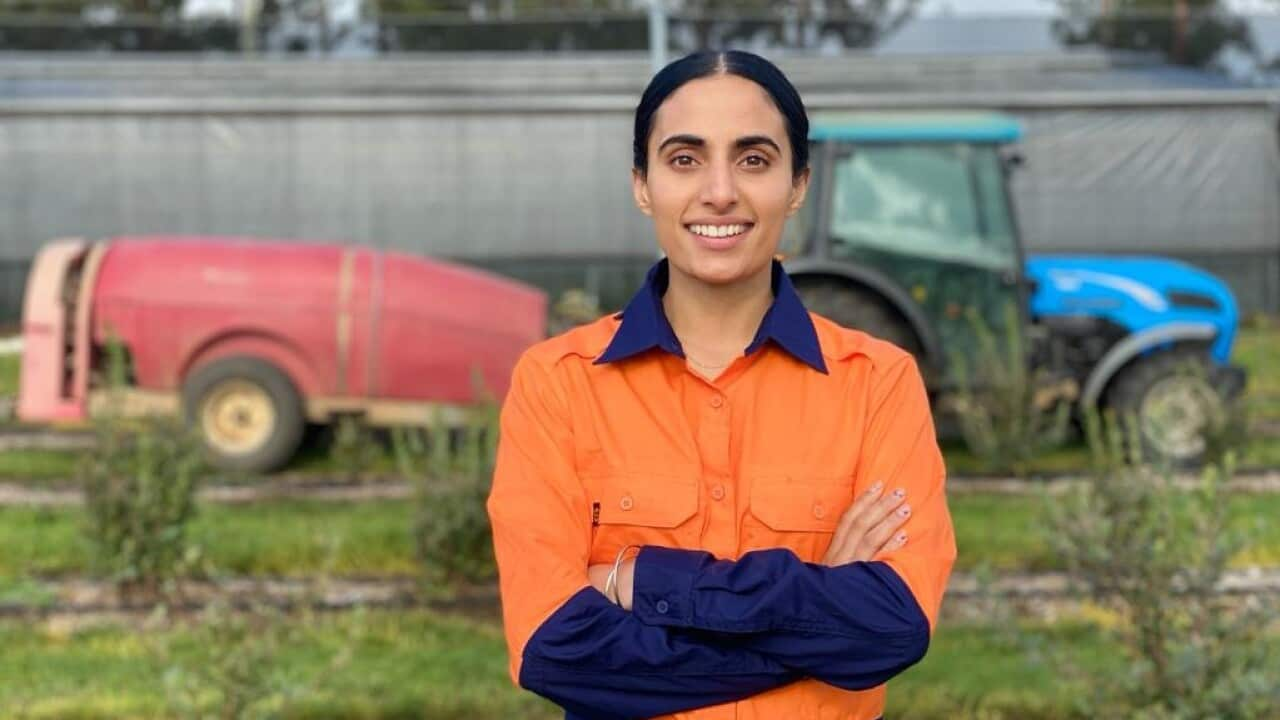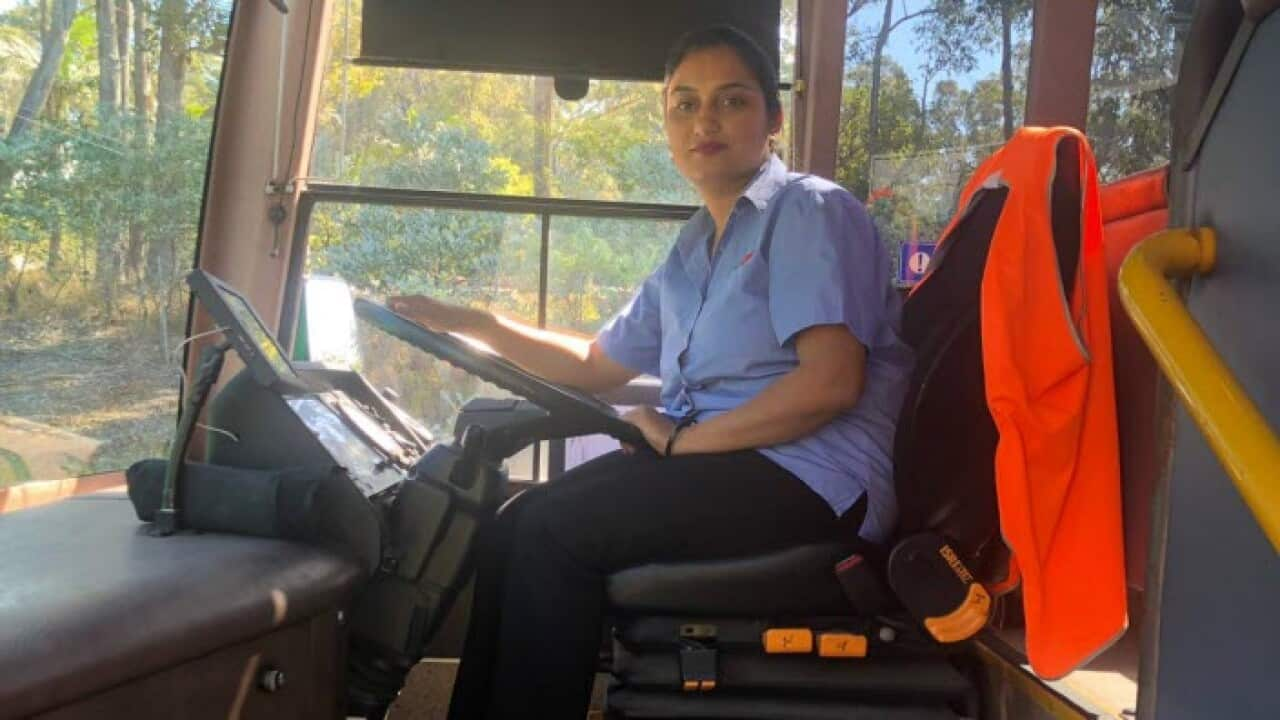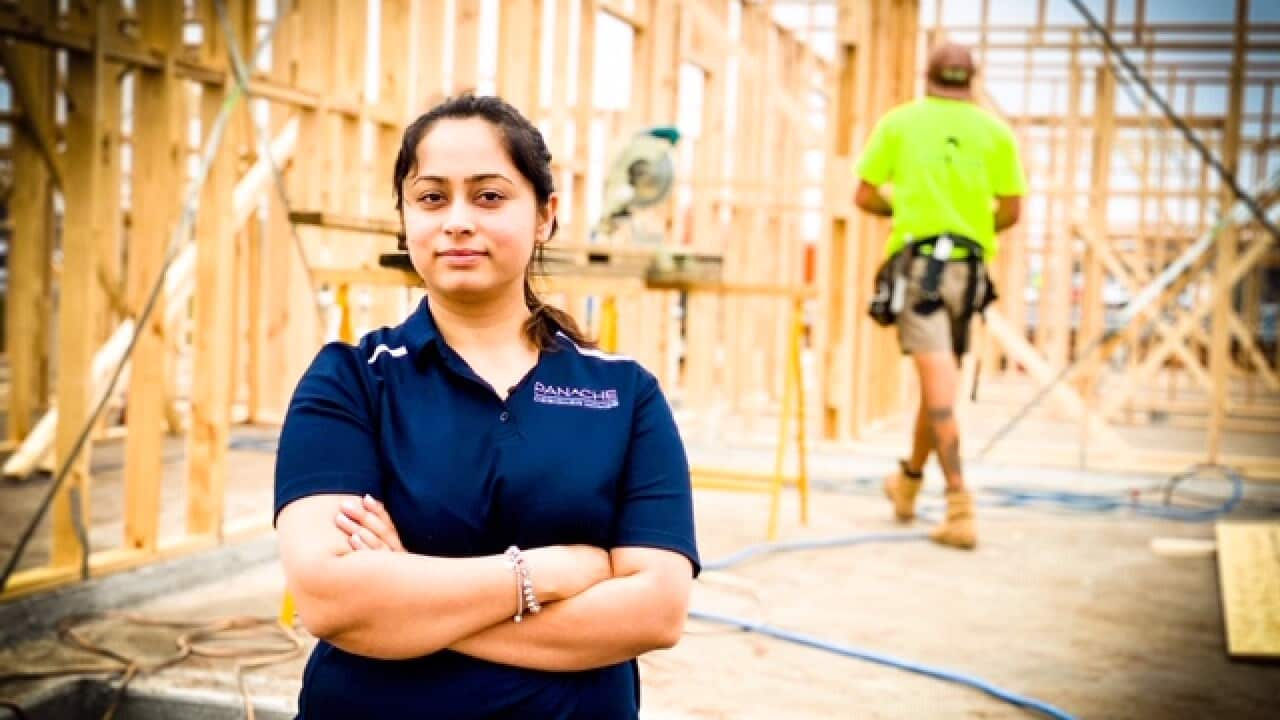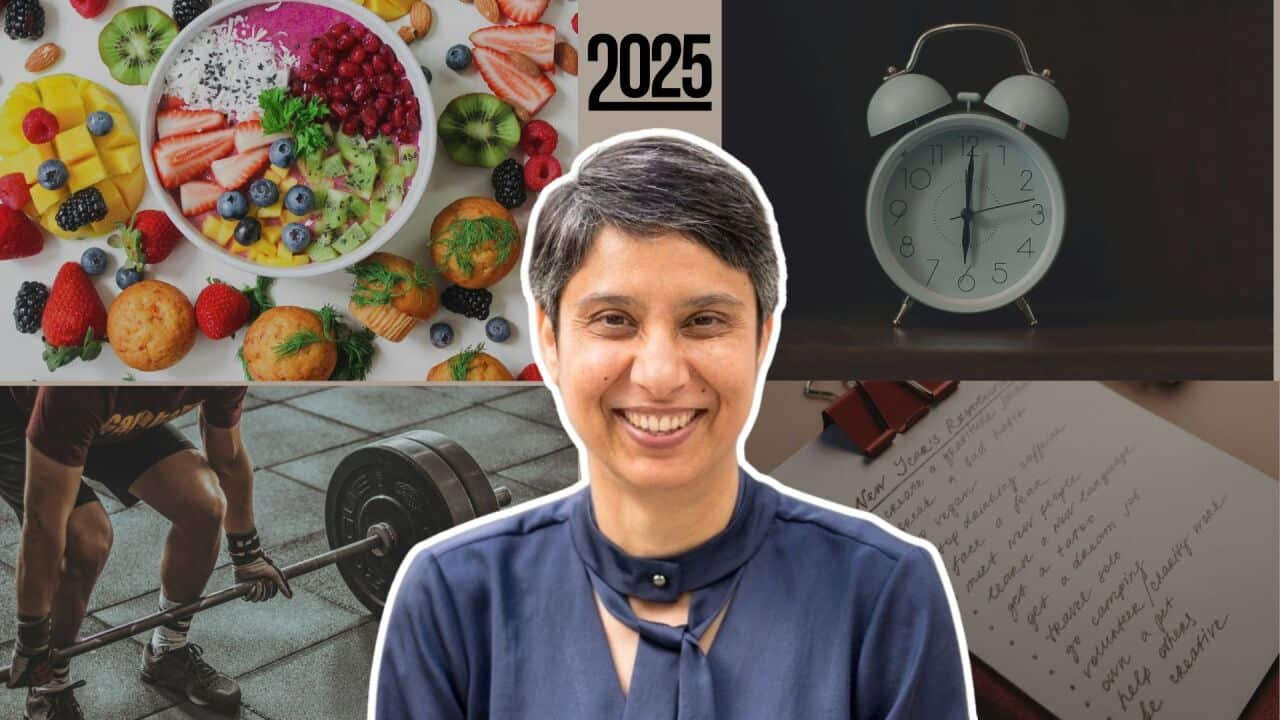Ms Grewal has spent her life on her family-owned farm. At 19 years of age, she now drives a tractor, carries out sowing, harvesting and helps the crew with picking, packing and dispatching.
She represents the new breed of women farmworkers who are capable and are not afraid to dig their heels in the swamp or get their hands dirty in running a farm.
Highlights
- Livpreet Kaur Grewal is challenging gender stereotypes in Australia's agricultural sector
- Women comprise an estimated 32 percent of Australia’s agricultural workforce
- "There is nothing a woman can't do if she is determined," says Livpreet
"Farming runs in our blood”, she says, and when the time came to pick a career, the legacy of troughs and peaks is what she “lovingly” embraced.
"My family has been into farming ever since they migrated from India nearly 30 years ago. I have spent my childhood on the ranch and have grown seeing my father working on the farm.
“We are four sisters, and all of us carry out some tasks on the farm and know how to drive a tractor,” she says. Having just completed her 1st-year of Bachelor’s degree in Agriculture from the University of Melbourne, Livpreet spends her entire day, aiding in maintaining the 220 acres of agricultural land in Kinglake town, nearly 60 kilometers from Melbourne.
Having just completed her 1st-year of Bachelor’s degree in Agriculture from the University of Melbourne, Livpreet spends her entire day, aiding in maintaining the 220 acres of agricultural land in Kinglake town, nearly 60 kilometers from Melbourne.

Livpreet's father helped her learn to drive a tractor. Source: Supplied
“We had farmland in Renmark in South Australia and Mildura in Victoria, but then we moved to Kinglake nearly four years ago, where we now sow berries, broccoli, zucchini, pumpkins and kiwis.”
She says her formal education is helping her to establish herself in the field on her own merit.
“You learn at the university and then you come home and implement that knowledge and the new techniques in the field. It also helps you to learn and embrace new technologies and stay up to date.”

Livpreet working alongside her sister on the farm. Source: Supplied
'Defy stereotypes'
Livpreet adds that with time, business mindedness is becoming central to the role of a farmer and the task is becoming less physically demanding than it used to be.
“Machinery is changing the nature of farming. The advent of new technology has reduced the reliance on manual labour and physical strength over a period.”  She says that if there’s anything tough about working in unpredictable seasons, it's the uncertainty of the yield and dependence on natural factors, but “we have learned to wait and work when the season is ripe.”
She says that if there’s anything tough about working in unpredictable seasons, it's the uncertainty of the yield and dependence on natural factors, but “we have learned to wait and work when the season is ripe.”

Livpreet Kaur with her father Agyakar Singh Grewal. Source: Supplied
“We don’t stress in case the season isn’t going good, we wait for the next one and work harder to do better.”
Livpreet credits her parents, father Agyakar Singh Grewal and mother Sukhwinder Kaur Grewal, for encouraging her and facilitating the accessibility of education and training, which she says is breaking down barriers in a sector that is over-represented by men.
“My parents never told us this job was not meant for girls. In fact, they always encouraged us to work on the farm, taught us, sisters, how to drive a tractor and pushed us to defy stereotypes not just in the farm, but in whichever field we wanted to pursue.”  Women comprise an estimated 32 percent of Australia’s agricultural workforce, out of which 11 percent of women are from culturally and linguistically diverse backgrounds, according to Census data collected in 2016.
Women comprise an estimated 32 percent of Australia’s agricultural workforce, out of which 11 percent of women are from culturally and linguistically diverse backgrounds, according to Census data collected in 2016.

Livpreet Kaur at her Kinglake farm. Source: Supplied
But while women like Livpreet may be empowered to work on the farm, defying stereotypes will remain crucial in keeping them in leadership roles in the agriculture sector. Livpreet says she believes if a woman sets her heart on a task, there is nothing she can’t possibly do.
Livpreet says she believes if a woman sets her heart on a task, there is nothing she can’t possibly do.

Livpreet Kaur Grewal at SBS Studios, Melbourne. Source: Supplied
“To all the women out there, do not sit in the corner. Just grab whatever opportunities come your way. There is nothing that you can’t do if you’re dedicated and ready to work hard.”














